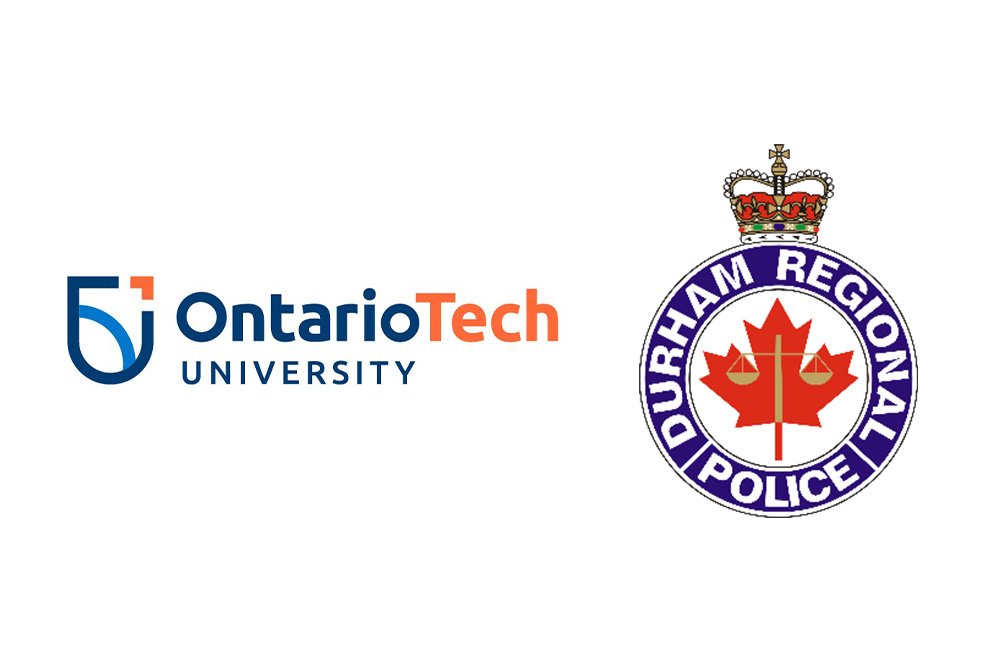New national research study to address gender equity in Canadian policing
Initiative extends legacy of research collaboration between Ontario Tech University and the Durham Regional Police Service
November 8, 2023

The experiences of women in policing throughout Canada is the subject of a new groundbreaking national research study.
Entitled "Canadian Women in Policing: A National Exploration of Women Officers' Experiences", the study will be led by the Durham Regional Police Service (DRPS) in partnership with Ontario Tech University and is endorsed by the Ontario Association of Chiefs of Police. The project will bridge the information gap between the challenges and opportunities faced by women in law enforcement in Canada and shed light on the importance of gender equity within the profession of Canadian police services.
This national survey of sworn female officers will document their experiences within, and perceptions of, their police organizations. The researchers hope to better understand their experiences, and quantitatively document the current climate female officers encounter in police organizations, including whether and to what extent women encounter an internal climate of sexual harassment, sexual assault, and discrimination.
The study also intends to identify any unique barriers to promotion women may face. The study will also consider how different policing environments (e.g., size of police service; the communities the organization services, such as urban, rural, or suburban) may influence different configurations of inequity.
International research – which may not be applicable to a Canadian context – suggests that women continue to encounter challenges in policing, such as sexual harassment, fewer promotion opportunities, less support from higher-ranking officers, resistance from fellow officers, and greater scrutiny (Collins, 2004; Drew & Saunders, 2020; Franklin, 2005).
Research on the experiences of racialized women officers is particularly limited, but suggests that racialized women officers are made to feel ‘doubly inferior’ due to the sexism and racism they simultaneously encounter (Martin, 1995). Taking an intersectional approach, this study will identify and examine any variations in women’s experiences stemming from racialization as well as other social locations.
The research team will widely distribute the study’s findings with the goal of providing evidence to police organizations of the scope and nature of issues women in policing encounter, if any, and to understand how women’s social demographics may impact the experience of those issues. The intention is for this evidence to prompt police services to take actions to improve the experiences of women officers should the data suggest it necessary. Increasing women in policing will not result in their inclusion unless ‘cultural and structural change’ occur alongside it (Bikos, 2022, p. 5). This research represents an important step in this larger endeavour.
Quotes
"This study is an essential step towards fostering gender equity and inclusivity within Canadian law enforcement agencies. By listening to the voices of women in policing, we aim to address critical issues and promote a more equitable and supportive working environment, which is fundamental to the effectiveness of our police services."
-Peter Moreira, Chief of Police, Durham Regional Police Service
“Ontario Tech University’s Faculty of Social Science and Humanities is proud to establish this strategic research partnership with DRPS. The Canadian Women in Policing study is one of multiple ongoing research collaborations between Ontario Tech and DRPS with practical and actionable implications that connect public service and academia."
-Dr. Shahid Alvi, Professor, Faculty of Social Science and Humanities, Ontario Tech University
- Questions about the study can be directed to Vidal Chavannes at DRPS.




